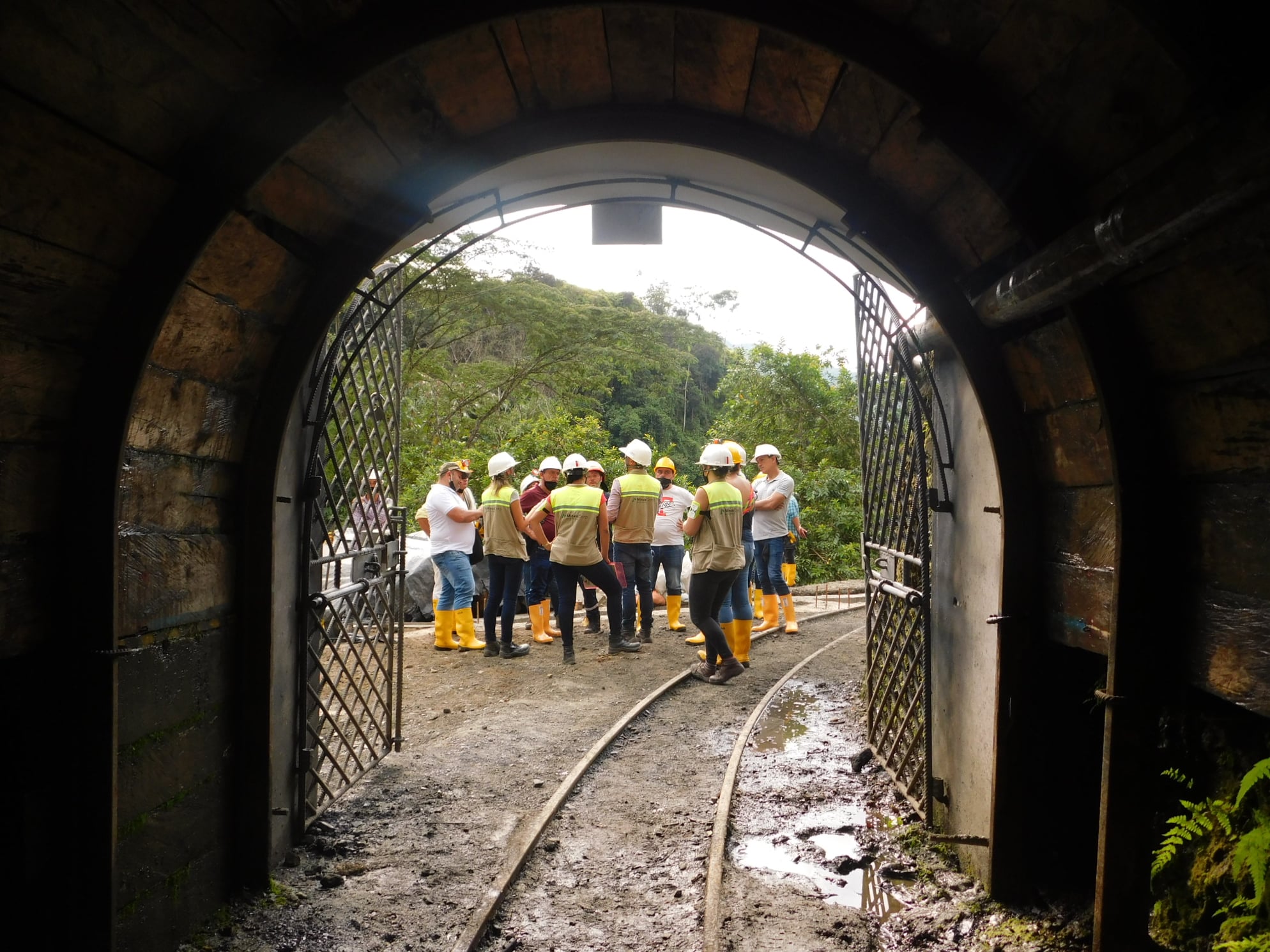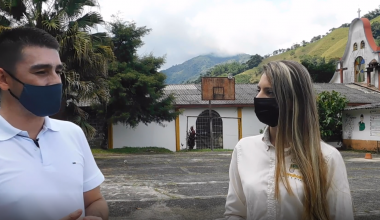Definition of mining
Mining is defined as the activity of searching for, exploiting and extracting minerals. It is one of the most important activities within the primary sector of the world economy.
Furthermore, it is one of the oldest activities in existence, with the same need to find and extract minerals continuing to the present day.
Depending on the type of mineral on which the mining activity focuses, we can differentiate between metallic mining, such as gold, silver or copper, for example; non-metallic or quarry mining, in which materials such as marble or mica are extracted; and energy mining, which extracts fuels such as oil or natural gas.
There is also what is known as green mining, which focuses on extractive activities that minimise environmental risks.
Mining methods
When talking about mining, we need to know what types of mining can be found. Mining activities can be distinguished between open-cast mining and underground mining.
Opencast mining
These activities focus on the exploitation of minerals through stripping or removal of vegetation and the upper layers of the surface. In other words, part of the soil is removed in order to access underground deposits.
This type of mining includes open pit mining, which consists of extractions at great depths; or strip mining, with minerals closer to the surface.
Underground mining – Our mines
In contrast, underground mining, or sub-surface mining, is based on the construction of tunnels and galleries to access the minerals.
These galleries are accessed through what are known as adits. Underground mining is a much more environmentally friendly activity than open-cast mining.
Underground mining can be further divided into drift mining, which is carried out in horizontal drifts; slope mining, where the drifts are diagonally inclined; or shaft mining, where the work is carried out vertically.
Another division is according to the mining technique of the galleries, which can be by sinking or by drifting.

